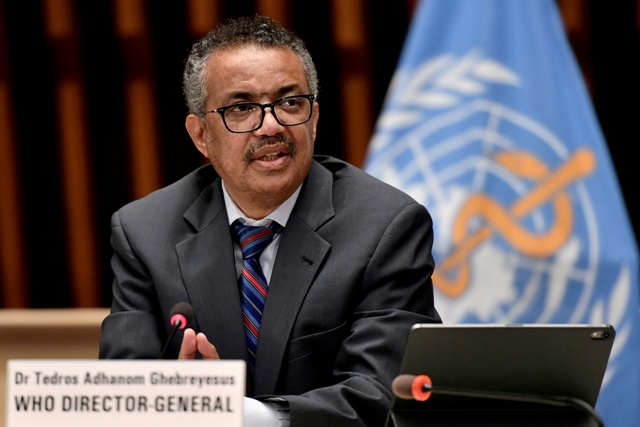An investment of an additional US$0.24 per patient per year in digital health interventions, such as telemedicine, mobile messaging and chatbots can help save more than 2 million lives from Non-Communicable Diseases (NCDs) over the next decade.
This is according to a new report released jointly by the World Health Organization (WHO) and the International Telecommunication Union (ITU).
This investment could also avert approximately 7 million acute events and hospitalizations.
The publication titled “Going Digital for Non-Communicable Diseases: The action case” was launched during the ongoing 79th United Nations General Assembly in New York.
The WHO Director-General Dr Tedros Adhanom Ghebreyesus called for collaboration between countries and organizations to invest strategically in life-saving innovations to make this vision a reality.
NCDs such as cardiovascular diseases, cancer, diabetes, and chronic respiratory diseases, are responsible for over 74% of global deaths annually, many of which are preventable with simple tips such as exercising and watching people’s diets.
While over 60% of countries have developed a digital health strategy, there is often a lack of integration of new technologies into the existing health infrastructure. This therefore calls on countries to invest in digital public infrastructure and promote standards and inter-operability which can overcome critical barriers to realizing the full potential of digital health.
End

